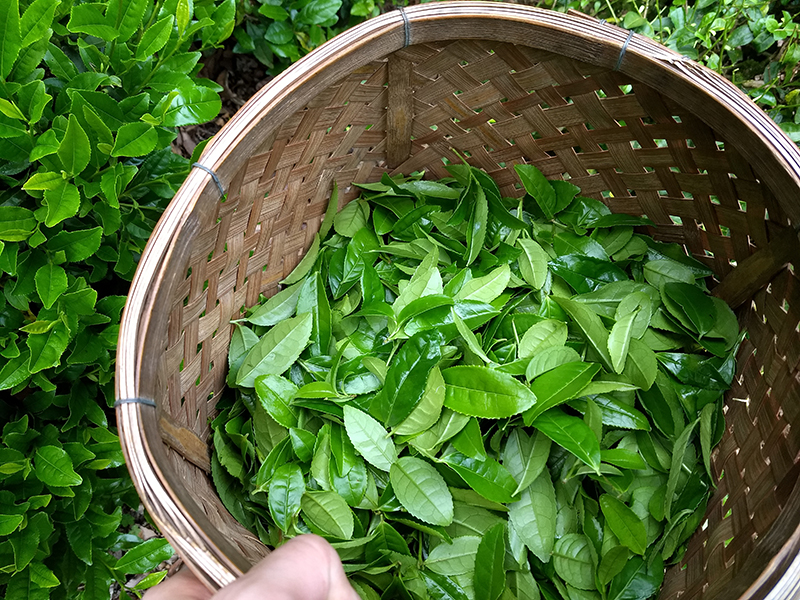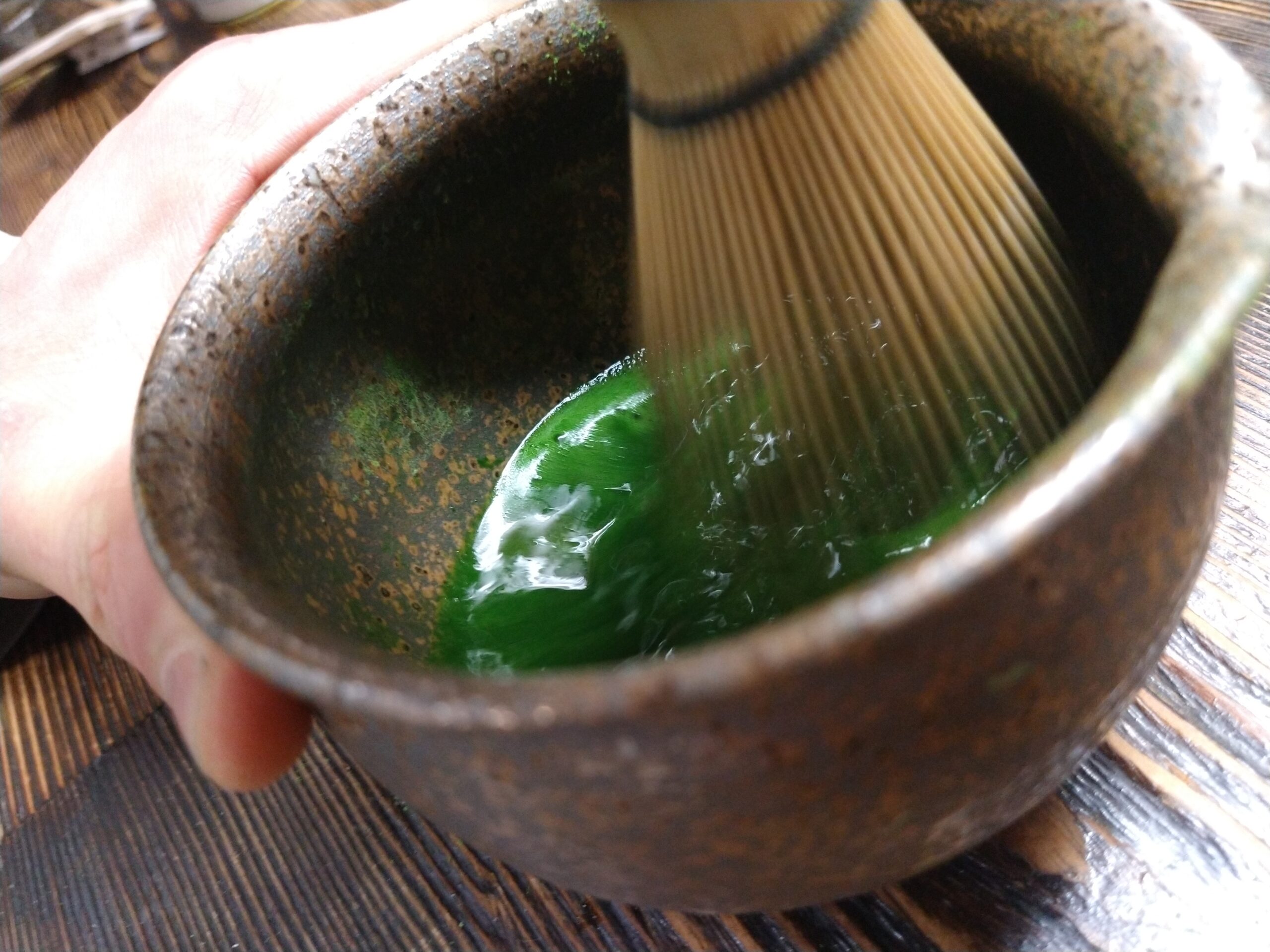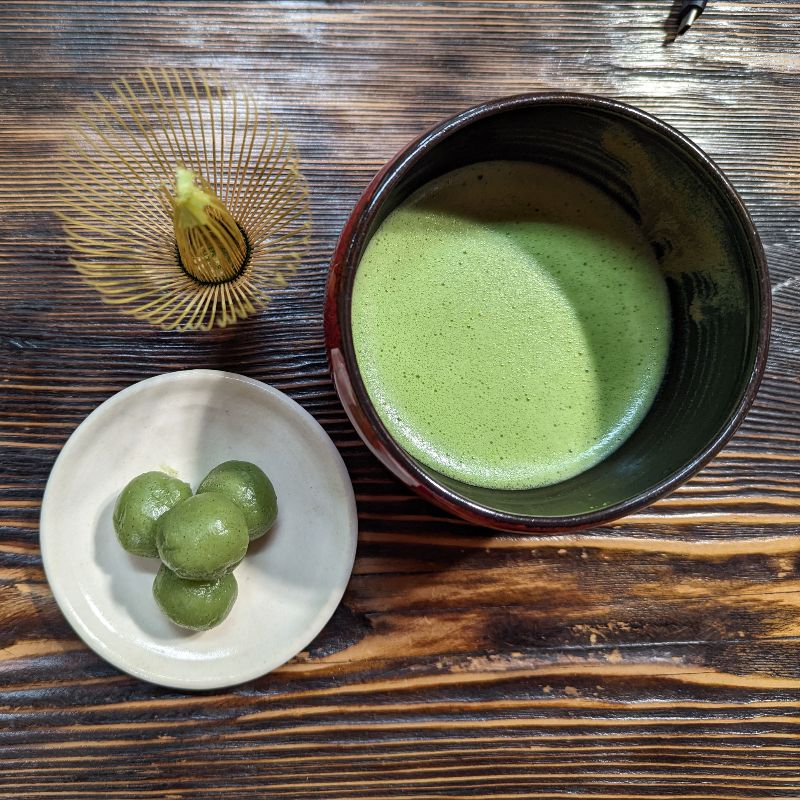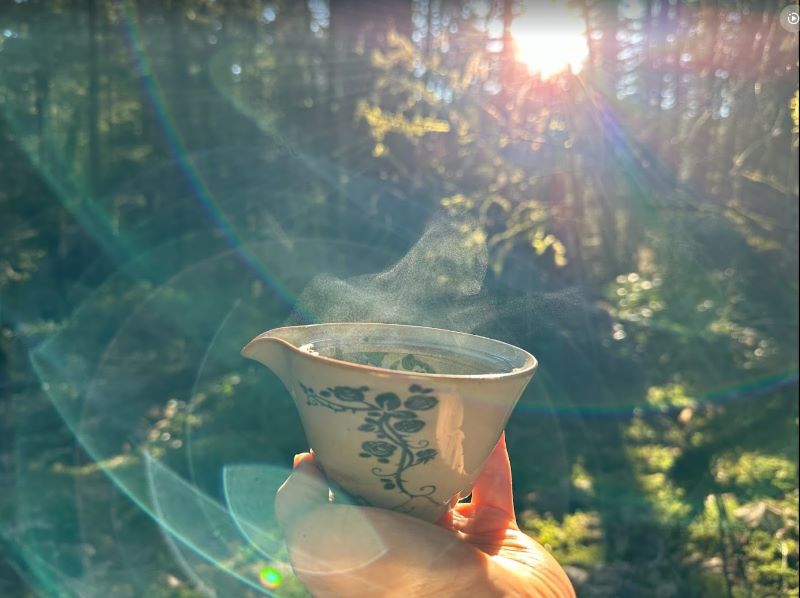Terroir is such an interesting concept. This idea that we can sense, perceive, the energy of a place through that which is grown there. This idea that there are background notes shared between different farms in the same area that come through in the cup. Popularized in wine, there is a rich hundreds (if not thousands) of years history of this conversation in tea, albeit under different monikers. We see it quite distinctly in our maccha selected from Kyoto and its surrounding regions when compared to Fukuoka in the South.
“The idea that we can sense, perceive, the energy of a place through that which is grown there.”

“The Fujioka Family’s Work is Emblematic of the Region”
The Fujioka family’s work in Kyoto is very emblematic of the region. The love to lightly steam during the “kill green” process (where heat deactivates the PPO enzyme that would otherwise brown the leaf out of the “green” category) with a focus on floral aromatics and unique tea leaf identity between varieties. Terroir can therefore transform to not only be the result of the local soil, but also connect to traditional processes, fertilizer choices, and most of all a shared regional goal for how that end cup should taste.
“The Takaki family’s work in Fukuoka is steamed deeper”
The Takaki family’s work in Fukuoka is steamed deeper (45s~60s instead of 30s) which is the norm in the region. They develop the sugars further after processing the leaves by whispering heat over them in a tea roaster to caramelize the sugars a bit and draw out nutty flavours.
Kyoto folks would traditionally shun this “finish firing” process because it reduces aromatics, whereas Fukuoka farmers would say it brings balance to the finished product. It likely ties to the terroir of the region, the shared goal for end flavour. That being said, if you’re not careful, Kyoto can get too grassy while Fukuoka can be toasted to the point that all flavours get homogenous.

“Complicating this is that farming is a living and growing practice.”
Further complicating this is that farming is a living and growing practice. Fujioka steams a bit deeper these days to satisfy customers in Tokyo that he serves at the boutique department stores he often sets up a pop up shop. Takaki fires his selections quite light so as to not lose the identity of the variety (or cultivar), making his teas noticeably lighter than the bigger players in his region.
Perhaps ironically, they both maintain a very Japanese terroir.
Share this article
Search the blog
JagaSilk Links
Article Categories
Subscribe to our Newsletter
Love maccha? Sign up and get 10% off your first order. You'll also receive new articles and video content!



